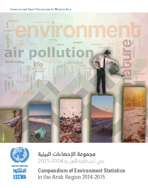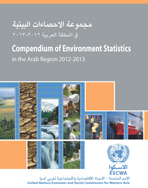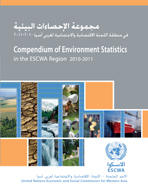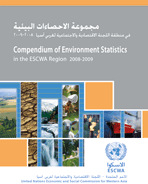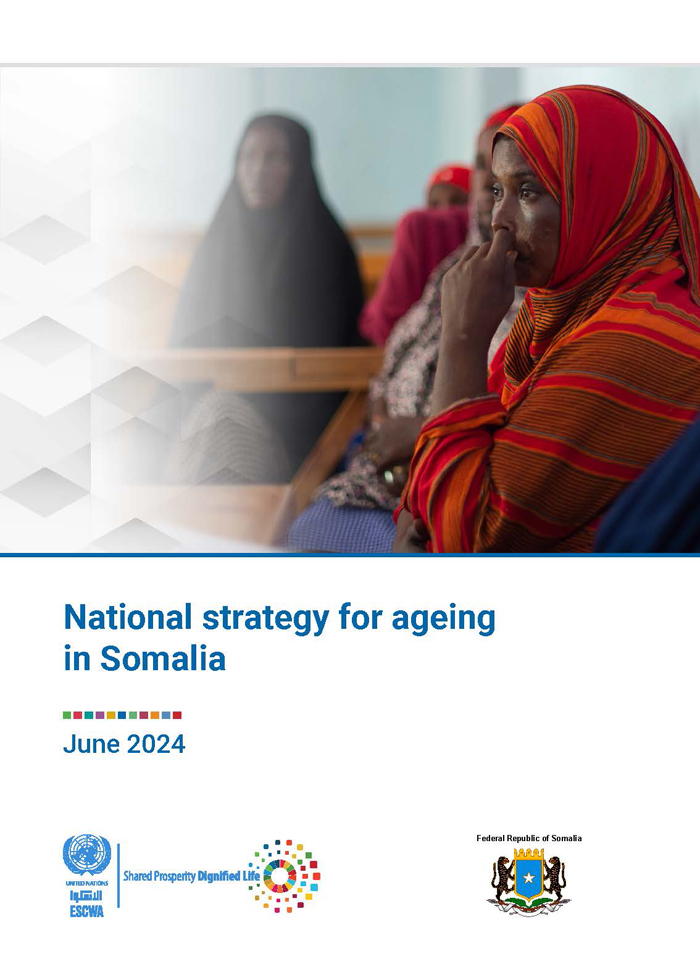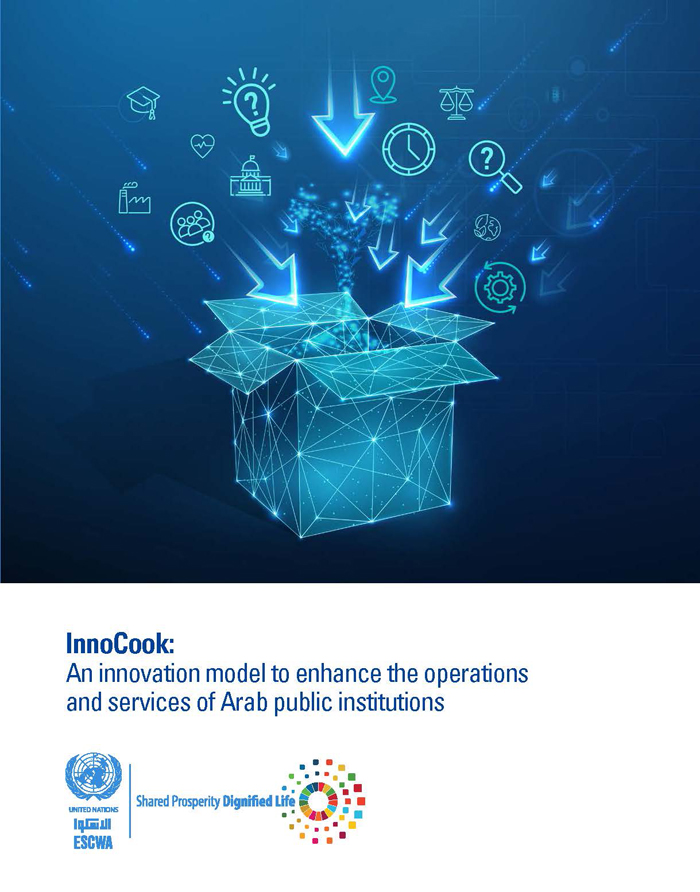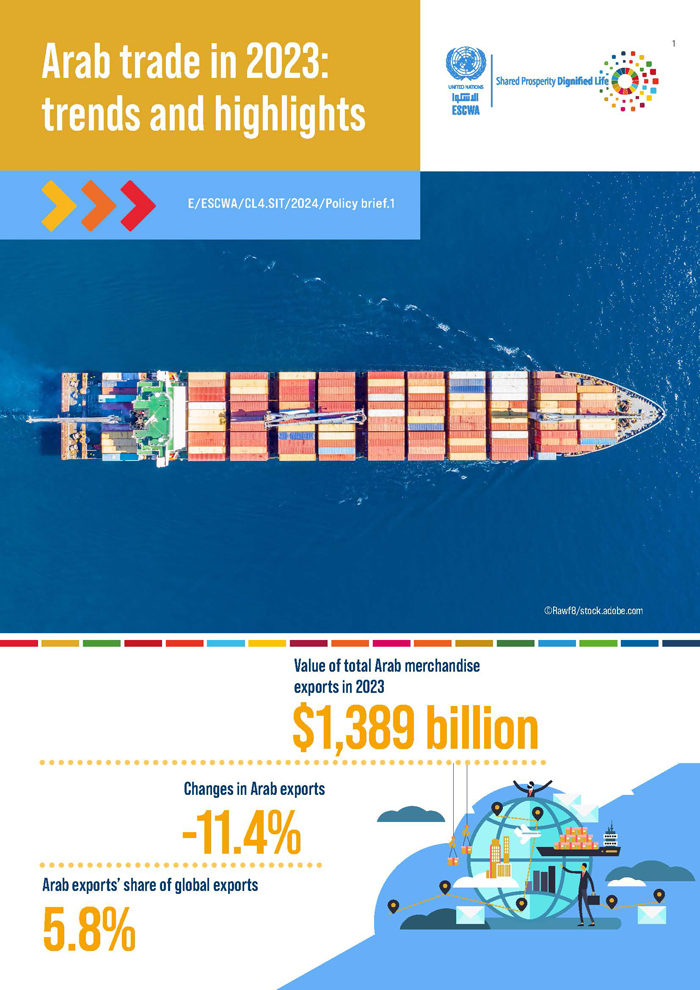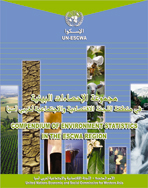
ESCWA Publication: E/ESCWA/SCU/2007/2
Country: Arab region
Publication Type: Reports & studies
Publication Subject: Compendium of Environment Statistics in the Arab Region
Cluster: Statistics, Information Society and Technology
Focus Area: Statistics
Initiatives: Advancing environment & energy statistics
SDGs: Goal 13: Climate Action
Keywords: Arab countries, Environmental statistics, Pollution, Air pollution, Biological diversity, Climate, Environmental statistics, Economic growth, Energy consumption, Natural resources, Waste management, Freshwater, Land use, Land use statistics, Marine environment, Population growth, Statistical data, Sustainable development, Urbanization, Water management
Compendium of Environment Statistics in the ESCWA Region, 2007
January 2007
The Compendium of Environment Statistics in the ESCWA Region seeks to set a framework for compiling environment statistics for the ESCWA region undertaken by ESCWA in close collaboration with the United Nations Statistics Division and the United Nations Environment Programme and aims at strengthening the capacity of member countries. Following a framework of environment indicators, it compiles existing environmental data, calculates indicators related to the environment, addresses gaps in data and priority issues, and builds on information to increase coverage in the data collection process. This Compendium is mainly intended to assist people in the fields of statistics, environment and policymaking to develop a system for collecting environment statistics.
Related content
Statistics
,
The Compendium of Environment Statistics in the ESCWA Region seeks to set a framework for compiling environment statistics for the ESCWA region undertaken by ESCWA in close collaboration with the United Nations Statistics Division and the United Nations Environment Programme and aims at strengthening the capacity of member countries. Following a framework of environment indicators, it compiles existing environmental data, calculates indicators related to the environment, addresses gaps in data and priority issues, and builds on information to increase coverage in the data collection process. This Compendium is mainly intended to assist people in the fields of statistics, environment and policymaking to develop a system for collecting environment statistics.
